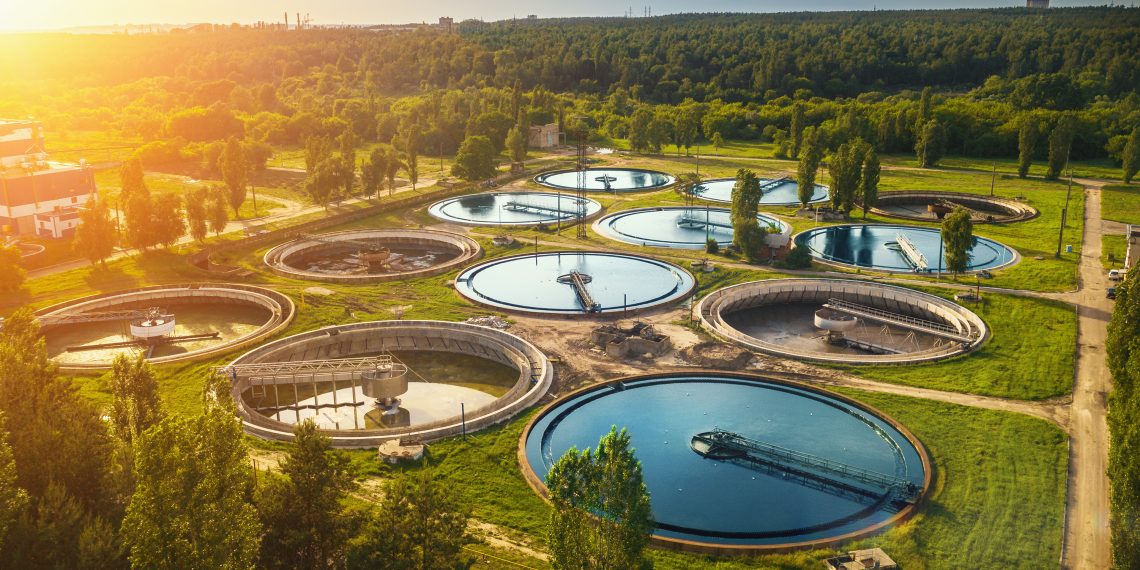The entrepreneurial journey of Elateq Inc, a pioneering firm specializing in water treatment, has seen a significant boost with recent developments. Established at the University of Massachusetts, this startup has been successful in securing deals with both local and global clients, including PepsiCo, within just four years of its inception.
Advancements in electrochemical technology have positioned Elateq at the forefront of wastewater treatment and product innovation. The company recently received a $92,000 grant from the Massachusetts Manufacturing Accelerate Program (MMAP), which aims to assist in the procurement of cutting-edge equipment to further the company’s growth and enhance its integrated water treatment systems.
“We are looking for a bright future,” stated CEO Roderick Anderson, who launched Elateq with Ljiljana Rajic, a fellow visionary in the field. The duo embarked on this venture to transition from academic research to developing practical, real-world solutions.
Their initial contract with the town of Amherst marked the beginning of their commercial operations, where they successfully demonstrated the potential of solar and storage-powered systems for water purification. Unlike traditional reverse osmosis systems, Elateq’s approach emphasizes sustainability and energy efficiency.
Anderson is proud of their unique solar system’s capabilities and is optimistic about Elateq’s role in global sustainability efforts. The company’s collaboration with PepsiCo is particularly noteworthy, as it aligns with the beverage giant’s goal of achieving 100% water recovery in its manufacturing processes by 2030.
The MMAP grant will facilitate the acquisition of advanced machinery necessary for producing macro electrodes vital to their treatment systems. With plans to upgrade equipment and expand production capacity, Elateq is poised to increase its industry footprint and global presence.
“The Center for Advanced Manufacturing is confident that these targeted investments can help manufacturers increase the adoption of digital technologies across our supply base, leading to increased productivity and competitiveness,” said CAM Director Christine Nolan, highlighting the potential impact of the MMAP initiative.
Elateq’s team, including three full-time and up to ten contract employees, is set to receive additional training funded by the state grant, further enhancing the firm’s expertise and operational efficiency.
As Elateq gears up to scale its operations with the help of the MMAP grant, Anderson remains enthusiastic about the company’s trajectory. “We’ve already set a whole lineup of market verticals, but we will keep growing,” he affirmed, signaling a bright future for this innovative enterprise.









